Portland Start-up Aims to Cut Student Spending on College Textbooks
Wednesday, May 13, 2015

Back in 2013, the Oregon Student Association expressed that the cost of textbooks ranked number two amongst the top concerns of students.
According to a report by The College Board, the average cost for books and supplies for the 2014 – 2015 school year was $1,225 at public colleges, both in-state and out-of-state.
“Many students experience food insecurity and must make difficult financial choices,” said Joan Petit, communications and outreach librarian at Portland State University (PSU). “We know some students are choosing between buying textbooks and buying groceries.”
To combat the exceeding prices of textbooks and materials, the Open Educational Resources (OER) sector has been rapidly innovating to provide knowledge to students for a fraction of the cost.
As teaching, learning, and research resources that live in the public domain, OERs can be freely accessed and revised at any time. They include tools and materials such as textbooks, videos, tests, and journal articles.
For a student, that means paying $5 for course materials instead of $200 for a textbook.
Lumen Learning
One of the front-runners in the burgeoning world of OER is Portland’s Lumen Learning, founded by CEO Kim Thanos and chief academic officer David Wiley.
Lumen Learning has been financed by a number of funders in the Pacific Northwest, including the Oregon Angel Fund, the Portland Seed Fund, and the Alliance of Angels in Seattle, plus backing from philanthropies and foundations.
The start-up recently raised $2.5 million in private equity to support its overall growth. Last month, Lumen Learning was awarded Most Disruptive Technology at the 2015 Oregon Technology Awards.
And disrupting is indeed their agenda, as the company takes the textbook industry head-on.
Lumen Learning currently provides OER – in the form of digital academic materials that can replace commercial textbooks – to more than 50 higher education institutions around the United States.
Among others, Lumen has partnered with New York’s Mercy College, Umpqua Community College in southern Oregon, and Tidewater Community College in Virginia, which coined the term “Z Degree” for zero-dollar textbook cost.
Already, Lumen-supported courses have cut textbook spending by over 90 percent.
“Affordability matters,” said Kim Thanos. “Students in courses using OERs are more likely to complete the course. They take more credits in the same term and in subsequent terms than their peers.”
Access is also a benefit of OER, explained Thanos. “All students have access to required course materials from the first day of class. For many students this makes the difference between passing and failing a course.”

More open source solutions
While a for-profit company like Lumen Learning is providing an alternative to costly course materials, universities in Oregon are also coming up with their own open source solutions.
PSU launched the Reduce Student Costs Task Force. Its report reviews strategies and makes recommendations for lowering costs of course materials for its students, among them developing and incentivizing the use of OERs.
Kathleen Steppe, a PSU student and member of the task force, said she’s not aligned with a one-size-fits-all outlook for educational materials, meaning less expensive doesn’t necessarily equate to better resources.
“For me, it depends largely on the course,” said Steppe. “So with this in mind, a sturdy combination of these options will likely provide the best possible outcomes for all involved.”
The university also initiated PDX Open, which gives grants to faculty who use public domain and Creative Commons materials to write open source textbooks.
These textbooks are available on PDXScholar, an open access platform managed by the PSU Library.
Commercial publishers will not be broken
But some in the education sector have raised concerns over whether OERs can compare to the traditional education publishing industry in the quality, expertise and curation of materials.
“Commercially-published textbooks have often been vetted and revised over several editions, while OERs vary in quality and haven't always undergone a rigorous review,” explained Petit. “However, as more faculty create and adapt open-ed resources, this should be less of a concern.”
Jose Ferreira, CEO of ed-tech company Knewton, has said that open source material, no matter how inexpensive, will not break the textbook industry.
On a blog posting, Ferreira suggested OERs as having low production value and little instructional design. But given these limitations, he urged publishers to consider adapting and innovating.
“If they do, OER won’t hurt their business,” wrote Ferreira on his blog. “Instead, OER could help lower their costs and improve their product and user experience.”
According to the American Association of Publishers (AAP), commercial publishers are not, in fact, pitted against OER producers.
On the contrary, publishers have been developing digital learning platforms for the past decade, in-turn reducing costs and addressing the needs of both students and faculty.
David E. Anderson, executive director for higher education at AAP, cites an example where a commercial publisher, equipped with OER materials, partnered with a college to combine two remedial classes into one.
As a result, “students were able to earn three degree credits and one non-degree credit – a substantial savings of time and money for both the students and the college,” said Anderson.
Is a textbook the foundation of a course?
The tides changed the day Barnes & Nobles bought the campus bookstore at Southern Oregon University (SOU).
The deal not only increased costs of textbooks, but it also set parameters around used materials, the shelf life of certain books, and negotiations with other retailers.
Lee Ayers, associate professor at SOU and co-author of Adopting Best Practices for Textbook Affordability, said her university is currently considering adopting OER for general educational courses.
SOU has met with its math department to gather feedback on the usability of OER books. The reactions have been mixed.
But Ayers hopes both Oregon’s private and public educational institutions could come together to create promising practices in OER.
“If we just want to take whatever is out there and implement it, then we do need to customize it for ourselves,” said Ayers.
She added that it’s also up to the instructor to determine the role of the textbook – is it the foundation of the course, or simply a tool?
For Joan Petit at PSU, it really comes down to the area of study.
“Open educational resources work better for some disciplines than others,” she said. “We need to address the issue of textbook affordability from several angles at once.”

Related Slideshow: 30 Famous College Grads From Oregon
Who are some of the most famous people to graduate from Oregon schools? Here is a list of a few of the most interesting or surprising alumni you probably didn't know came from Oregon.

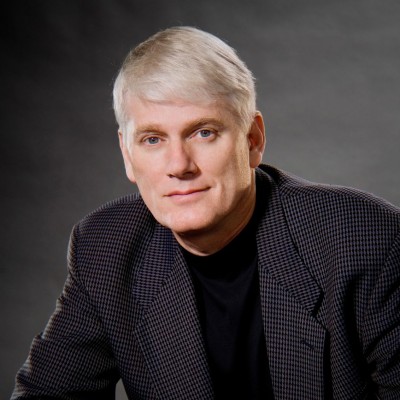
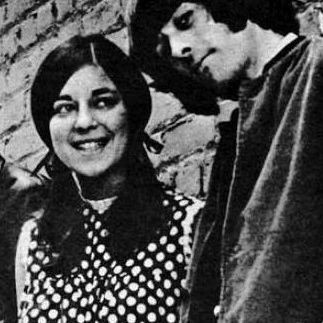
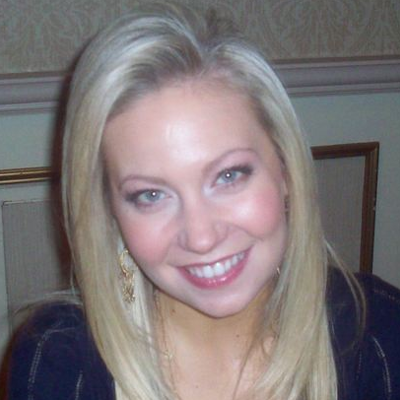
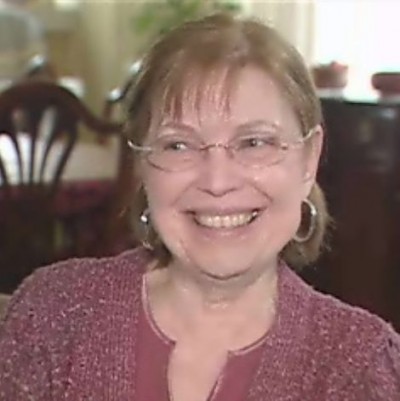

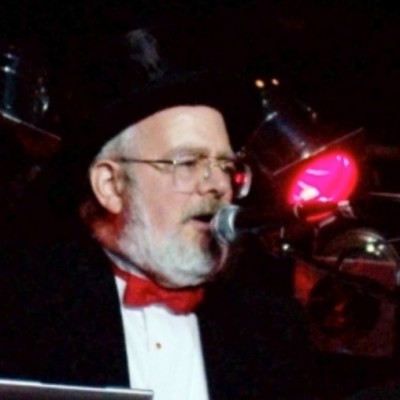
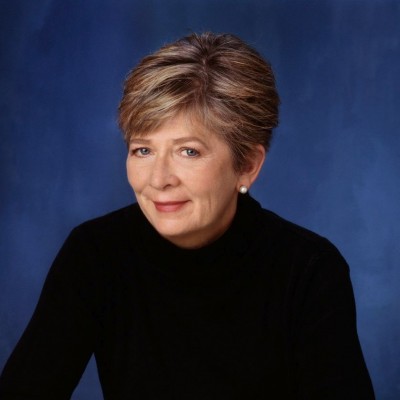

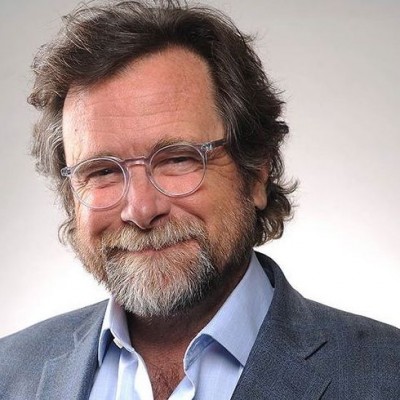
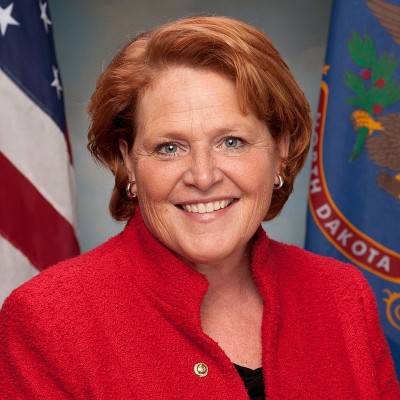


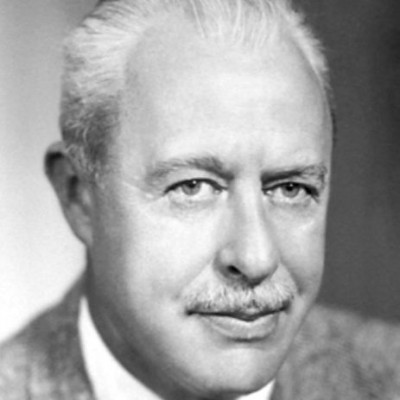
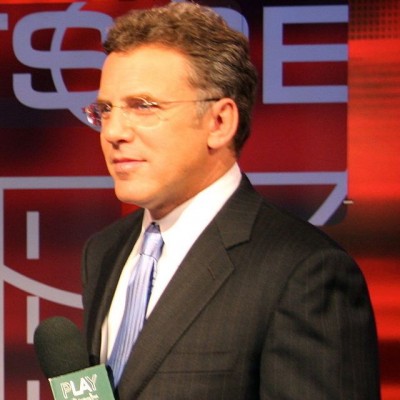
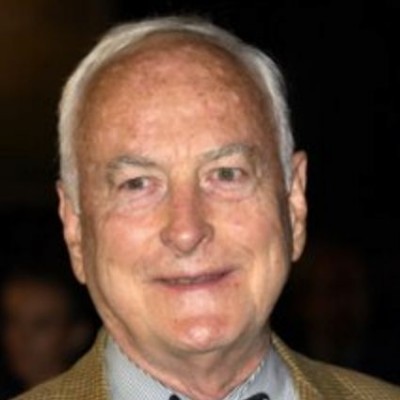
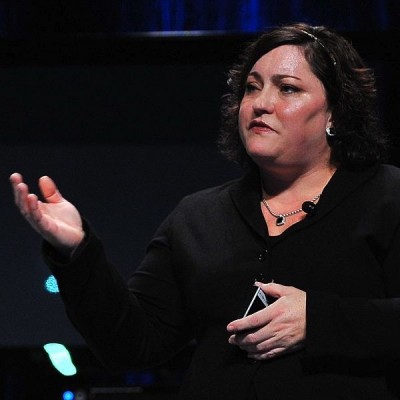
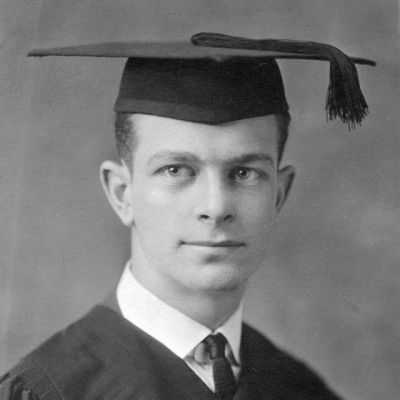
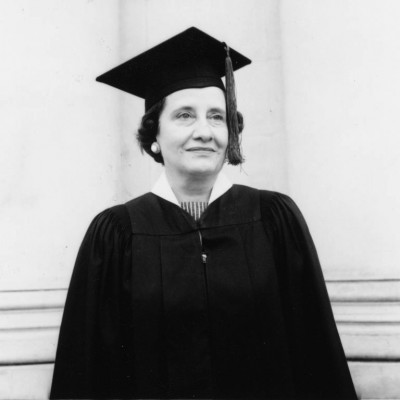
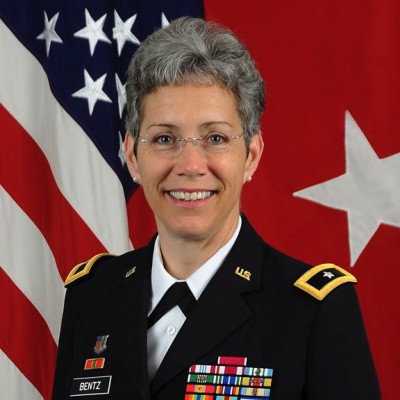

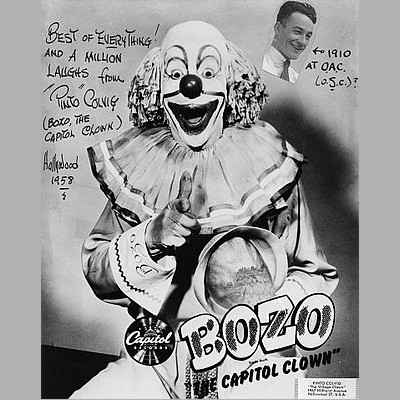


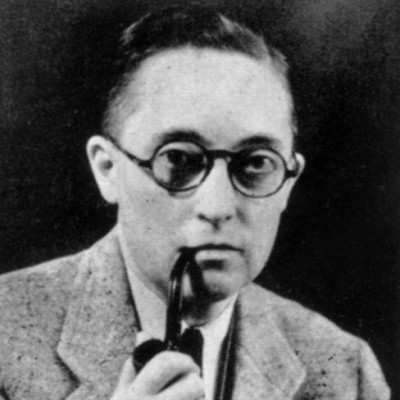
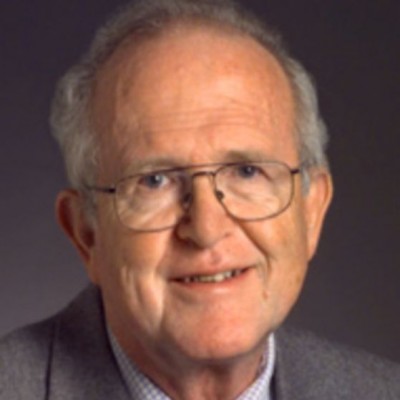
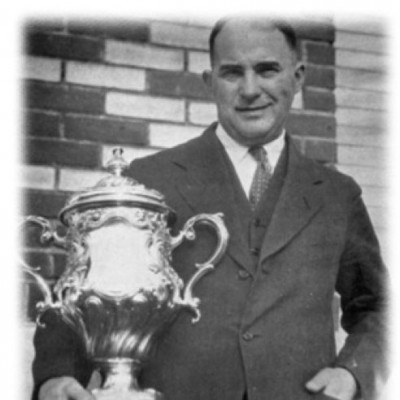
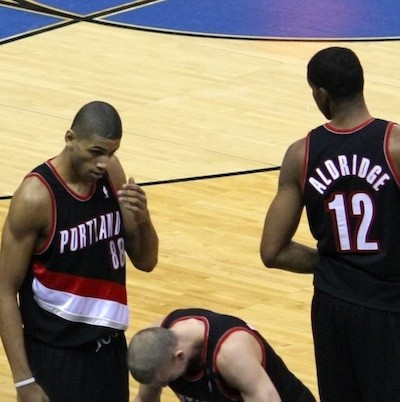
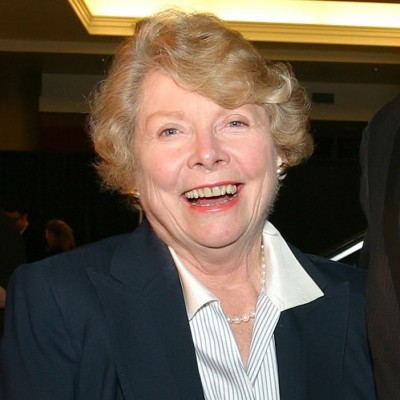



































Follow us on Pinterest Google + Facebook Twitter See It Read It